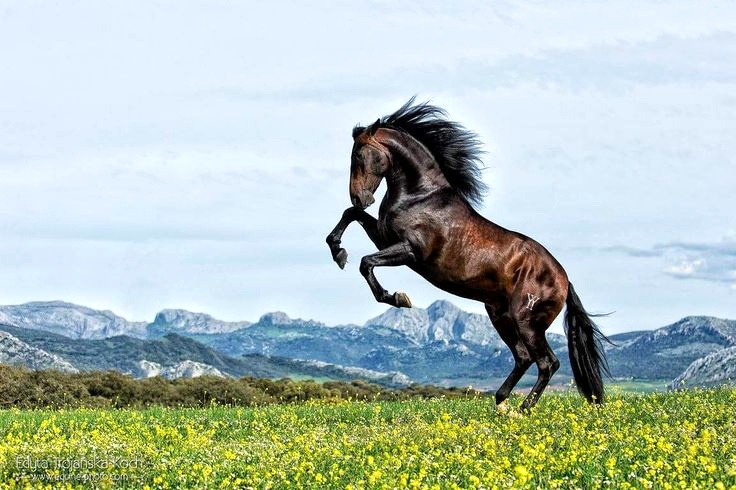Dressage is a discipline of horseback riding that is focused on communication between the rider and the horse. This communication is expressed through the use of cues and movements that guide the horse to perform a variety of predetermined movements and exercises. One of the most common physical signs of strain in dressage horses is foaming at the mouth. In this article, we’ll take a look at why horses foam at the mouth during dressage and what it means.
What Is Dressage?
Dressage is a classical form of horseback riding that focuses on the relationship between the rider and the horse. This relationship is expressed through the use of cues, movements, and exercises that direct the horse to perform a variety of predetermined movements. The goal of dressage is to create an harmonious relationship between the rider and the horse, resulting in the horse becoming a willing and compliant partner.
Why Do Horses Foam at the Mouth During Dressage?
The act of foaming at the mouth is a physical sign of strain that horses display when they are under pressure or stress. During dressage, horses may foam at the mouth due to the physical demands of the exercises, the complexity of the cues, and the pressure of performing in competition.
The Physical Demands of Dressage
One of the main physical demands of dressage is the need for the horse to maintain a steady, balanced posture throughout the movements. This posture requires the horse to engage its core muscles, as well as its back and neck muscles, in order to remain balanced and coordinated. As the horse works, these muscles become fatigued, resulting in the horse foaming at the mouth as a sign of strain.
The Complexity of the Cues
Another factor that can cause a horse to foam at the mouth during dressage is the complexity of the cues. Dressage requires the rider to communicate a variety of cues to the horse in order to direct it to perform the desired movements. This communication can be difficult for the horse to understand, resulting in the horse becoming confused or frustrated and foaming at the mouth.
The Pressure of Competition
Finally, the pressure of competing in dressage can also cause a horse to foam at the mouth. Competition can be stressful for horses, as they are expected to perform at a high level in order to achieve the desired results. This pressure can cause the horse to become anxious and overwhelmed, resulting in the horse foaming at the mouth as a sign of strain.
How to Reduce Foaming During Dressage
Although foaming at the mouth is a natural sign of strain in dressage horses, there are several steps that riders can take to reduce the amount of foaming that their horse displays.
Conditioning
The first step is to ensure that the horse is properly conditioned for the physical demands of dressage. This can include regular exercise, stretching, and muscle strengthening exercises to help the horse build strength and endurance.
Consistent Training
It is also important to ensure that the horse is consistently trained to understand and perform the cues correctly. This can include using consistent cues and rewarding correct behavior, as well as introducing new exercises and movements slowly and gradually.
Reward Good Behavior
Finally, it is important to reward the horse for good behavior and performance. This can include providing treats and praise for correct movements, as well as providing a period of rest after each session.
Conclusion
In conclusion, foaming at the mouth is a common physical sign of strain in horses that are performing dressage. This foaming is typically caused by the physical demands of the exercises, the complexity of the cues, and the pressure of competing in dressage. However, there are several steps that riders can take in order to reduce the amount of foaming that their horse displays. These steps include conditioning the horse, providing consistent training, and rewarding good behavior.

